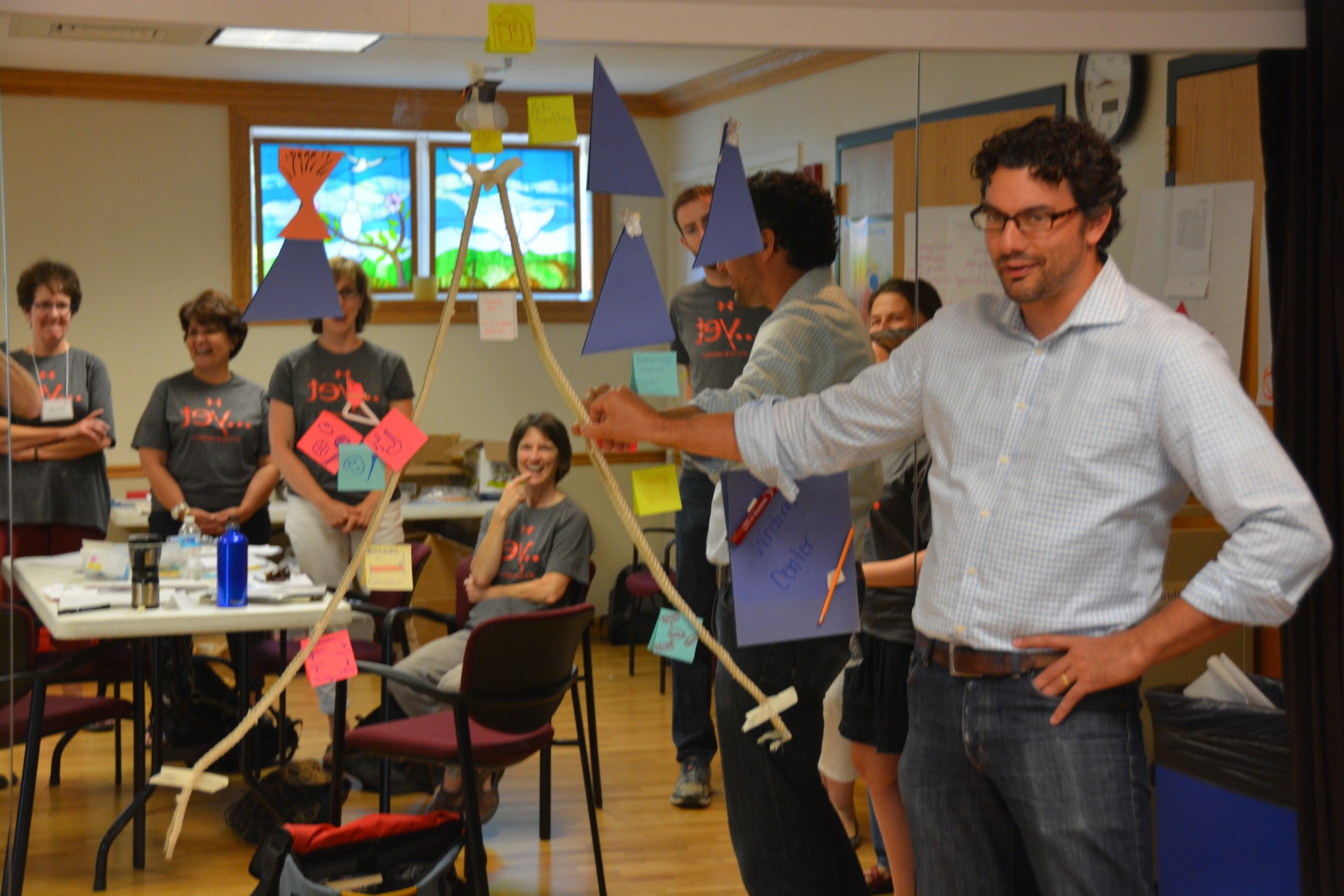 In 2007, St. Andrew’s began training its faculty in a Neurodevelopmental Framework for Learning (NDFL). Since then, faculty have been trained in either the 3-day Teaching All Kinds of Minds or 5-day All Kinds of Minds course. The NDFL is merely the entry point for St. Andrew’s faculty to develop a common language and framework around the neurodevelopmental demands on each students brain with a focus on eight, research-informed, constructs: Attention, Memory, Language, Temporal Sequential and Spatial Ordering, Social Cognition, Neuromotor Functions, and Higher Order Cognition. We have found that having a common language and framework allows the St. Andrew’s teachers to be more efficient in how they think about the design of their classes and work with each individual student through the lens of Mind, Brain, and Education Science.
After this initial training in the NDFL, each year, through its university partnerships, 100% of St. Andrew’s teachers and administrators receive updated research and professional development on how the brain learns, works, and changes through in-person or on-line programming or through St. Andrew’s Summer Professional Development reading program that has included book titles such as: Mariale Hardiman’s The Brain Targeted Teaching Model, Mark McDaniel’s Make It Stick, and John Medina’s Brain Rules.
The CTTL continues to provide foundational training in educational neuroscience to all new St. Andrew’s teachers using the Teaching All Kinds of Minds neurodevelopmental framework for learning as part of its Neuroscience in the Classroom Workshop Series. The CTTL is also leading the revision of the NDFL in partnership with a network of facilitators and QED to ensure that its research base reflects the growing body of research on the science of teaching and learning.
In 2007, St. Andrew’s began training its faculty in a Neurodevelopmental Framework for Learning (NDFL). Since then, faculty have been trained in either the 3-day Teaching All Kinds of Minds or 5-day All Kinds of Minds course. The NDFL is merely the entry point for St. Andrew’s faculty to develop a common language and framework around the neurodevelopmental demands on each students brain with a focus on eight, research-informed, constructs: Attention, Memory, Language, Temporal Sequential and Spatial Ordering, Social Cognition, Neuromotor Functions, and Higher Order Cognition. We have found that having a common language and framework allows the St. Andrew’s teachers to be more efficient in how they think about the design of their classes and work with each individual student through the lens of Mind, Brain, and Education Science.
After this initial training in the NDFL, each year, through its university partnerships, 100% of St. Andrew’s teachers and administrators receive updated research and professional development on how the brain learns, works, and changes through in-person or on-line programming or through St. Andrew’s Summer Professional Development reading program that has included book titles such as: Mariale Hardiman’s The Brain Targeted Teaching Model, Mark McDaniel’s Make It Stick, and John Medina’s Brain Rules.
The CTTL continues to provide foundational training in educational neuroscience to all new St. Andrew’s teachers using the Teaching All Kinds of Minds neurodevelopmental framework for learning as part of its Neuroscience in the Classroom Workshop Series. The CTTL is also leading the revision of the NDFL in partnership with a network of facilitators and QED to ensure that its research base reflects the growing body of research on the science of teaching and learning. 